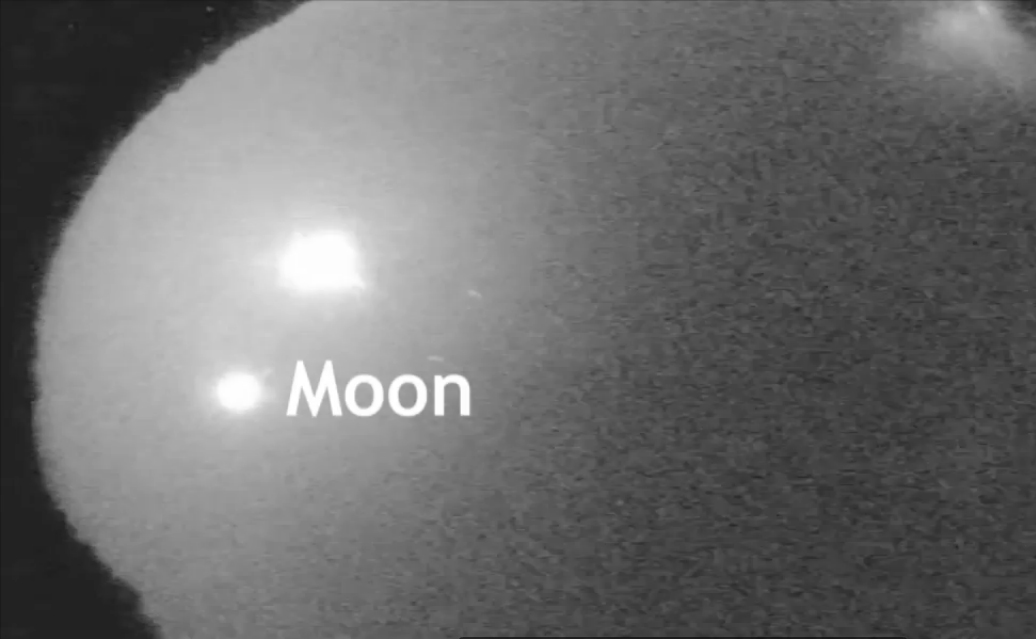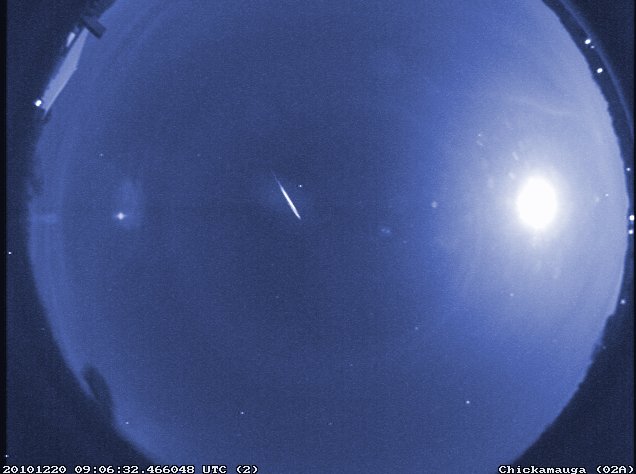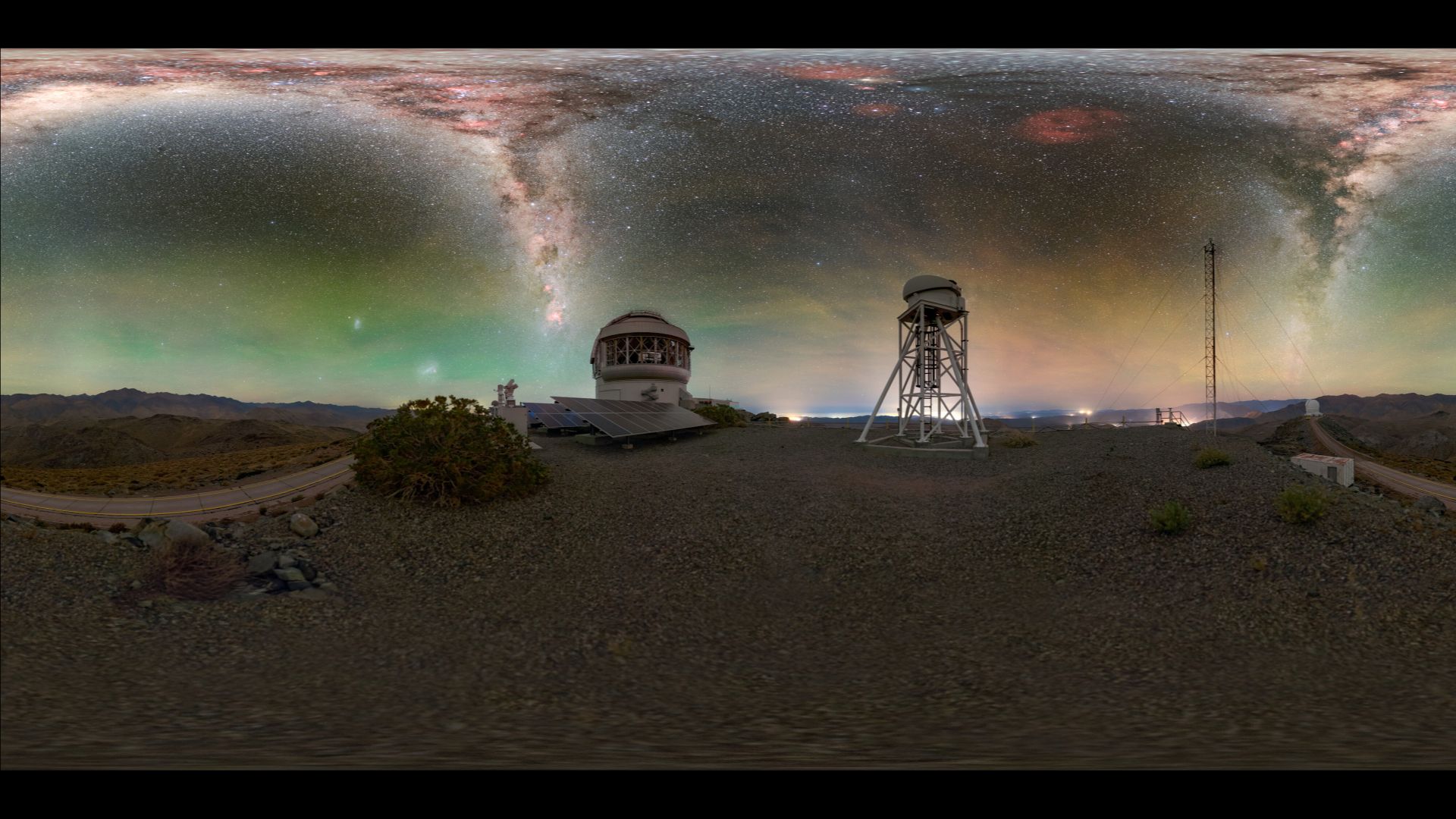NASA Meteor Experts Host Reddit 'Ask Me Anything' @ 2pm ET Today

Three of NASA's top meteor and fireball experts will answer questions from the public about the science behind space rocks from the sky today in a Reddit "Ask Me Anything" forum today live at 2 p.m. EST (1900 GMT).
NASA meteor scientists Bill Cooke, Danielle Moser and Rhiannon Blaauw will participate in the Reddit forum. You can begin asking questions at 2 p.m. EST here: http://www.reddit.com/r/IAmA/comments/1zqlzm/were_a_team_of_nasa_meteor_experts_from_the/
Related: 5 Amazing Fireballs Caught on Video
From NASA:
"Cooke, the lead of the NASA's Meteoroid Environment Office, specializes in studying the meteoroid environment and its effects on space vehicles of all sorts. Cooke came to work at NASA's Marshall Space Flight Center as a member of the Space Environments Team in 1994. When not occupied with meteor observations and shower forecasts, he builds model rockets and is a mentor for the Team America Rocketry Challenge and other amateur rocketry projects.
Moser has been working in the Space Environments Team at Marshall for more than 10 years and has supported the NASA meteor environments team since its inception in late 2004. Her work includes modeling meteor showers, analyzing lunar meteoroid impact data and managing the cameras for the NASA All Sky Fireball Network.
Blaauw has more than three years of experience with the Meteoroid Environment Office and came to Marshall from the University of Western Ontario in Ontario, Canada. During her master's studies, she gained experience in meteor physics working with data from a meteor radar. She enjoys the diversity of her projects, which include analyzing automated meteor fluxes from optical detectors, managing wide-field meteor cameras and comet monitoring."
Breaking space news, the latest updates on rocket launches, skywatching events and more!
Email Tariq Malik at tmalik@space.com or follow him @tariqjmalik and Google+. Follow us @Spacedotcom, Facebook and Google+. Original article on Space.com.

Tariq is the award-winning Editor-in-Chief of Space.com and joined the team in 2001. He covers human spaceflight, as well as skywatching and entertainment. He became Space.com's Editor-in-Chief in 2019. Before joining Space.com, Tariq was a staff reporter for The Los Angeles Times covering education and city beats in La Habra, Fullerton and Huntington Beach. He's a recipient of the 2022 Harry Kolcum Award for excellence in space reporting and the 2025 Space Pioneer Award from the National Space Society. He is an Eagle Scout and Space Camp alum with journalism degrees from the USC and NYU. You can find Tariq at Space.com and as the co-host to the This Week In Space podcast on the TWiT network. To see his latest project, you can follow Tariq on Twitter @tariqjmalik.

